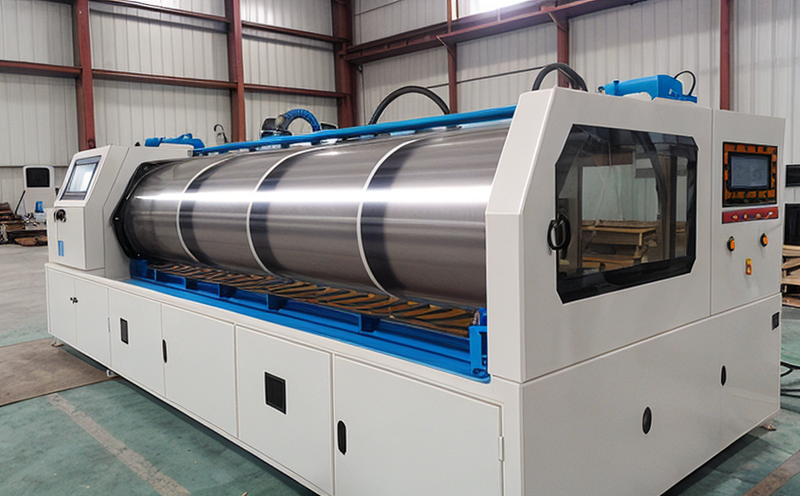EN 13523-11 Coil coated metals Resistance to solvents
The European standard EN 13523-11 specifies the procedure for determining the resistance of coil coated metals to organic solvents. This test is critical in ensuring that coatings used on metal substrates, particularly those found in industries such as automotive, construction, and electronics, can withstand exposure to various solvents without significant degradation. The standard applies primarily to hot-dip galvanized steel coils with zinc-coated layers.
The resistance of a coating to solvents is an important factor because coatings are often exposed to harsh environmental conditions that include contact with organic solvents during manufacturing and maintenance processes. Ensuring the integrity of these coatings can prevent premature failure, which could lead to corrosion and reduced product performance over time.
Coatings on metal substrates serve as a barrier against corrosive elements such as moisture, salt spray, and industrial chemicals. However, if coatings are not resistant to solvents, they may dissolve or lose their protective properties under certain conditions. This can result in increased wear rates and reduced service life of the coated materials.
The test procedure outlined in EN 13523-11 involves submerging a specimen into an organic solvent for a specified duration and then evaluating the extent of any damage to the coating. The standard provides detailed instructions on the preparation of specimens, the selection of solvents, and the assessment methods used to determine resistance.
Compliance with this test is essential in several industries where metal substrates are coated before being manufactured into end-use products. Automotive manufacturers, for instance, rely heavily on coated metals for their components, while construction companies use such materials for structural elements exposed to various environmental factors.
The standard ensures that the coatings used meet specific performance criteria, thereby enhancing product reliability and durability in challenging environments. Compliance also offers a competitive advantage by demonstrating adherence to international standards recognized globally.
For quality managers and compliance officers, understanding this test is crucial for ensuring their products meet regulatory requirements. R&D engineers can benefit from knowing how different coating formulations perform under solvent exposure conditions. Procurement teams may find it useful when selecting suppliers who adhere to these stringent testing protocols.
Why It Matters
The resistance of coatings to organic solvents is a critical performance criterion because it directly impacts the longevity and reliability of coated metal products. In industries such as automotive manufacturing, where components often undergo multiple processes involving solvent-based treatments, ensuring that coatings remain intact post-treatment is paramount.
- Automotive Manufacturing: Solvent exposure during painting, welding, and assembly can lead to coating failure if not properly protected. Testing resistance ensures durability in these applications.
- Construction Industry: Structures like bridges and buildings may be subjected to decontamination processes using solvents. Ensuring coatings are solvent-resistant helps maintain structural integrity over extended periods.
- Electronics Production: Components used in electronic devices often go through assembly steps involving solvents. Testing resistance guarantees that the coating remains effective, protecting the internal components from corrosion.
The importance of this test extends beyond mere compliance; it plays a vital role in enhancing product quality and reliability. By adhering to EN 13523-11, manufacturers can ensure their products meet high standards, thus building trust with customers who rely on these materials for critical applications.
Eurolab Advantages
At Eurolab, we pride ourselves on offering comprehensive and accurate testing services that comply strictly with international standards. Our expertise in EN 13523-11 ensures that our clients receive reliable results every time.
- Accurate Results: Our state-of-the-art laboratory equipment guarantees precise measurements, ensuring consistent quality across all tests.
- Comprehensive Support: From initial consultation to final report, we provide full support throughout the testing process. Our experienced staff can guide you on specimen preparation and interpretation of results.
- Accurate Compliance: We ensure that our procedures meet the stringent requirements set forth by EN 13523-11, giving you peace of mind knowing your tests are conducted correctly.
- Timely Delivery: Our efficient processes mean that you receive your test results quickly, allowing for timely decision-making and product launches.
Choosing Eurolab means choosing a partner committed to excellence in testing. We understand the importance of accurate data and reliable performance metrics when it comes to protecting your products against solvent-induced damage.





